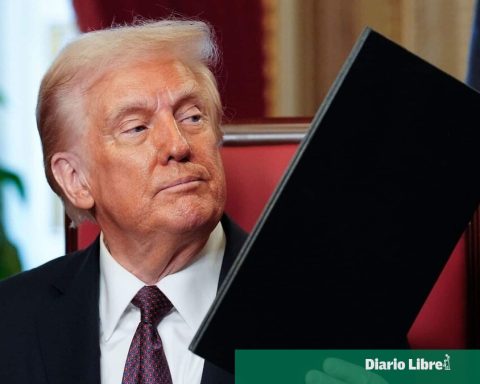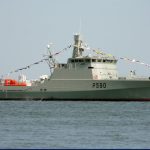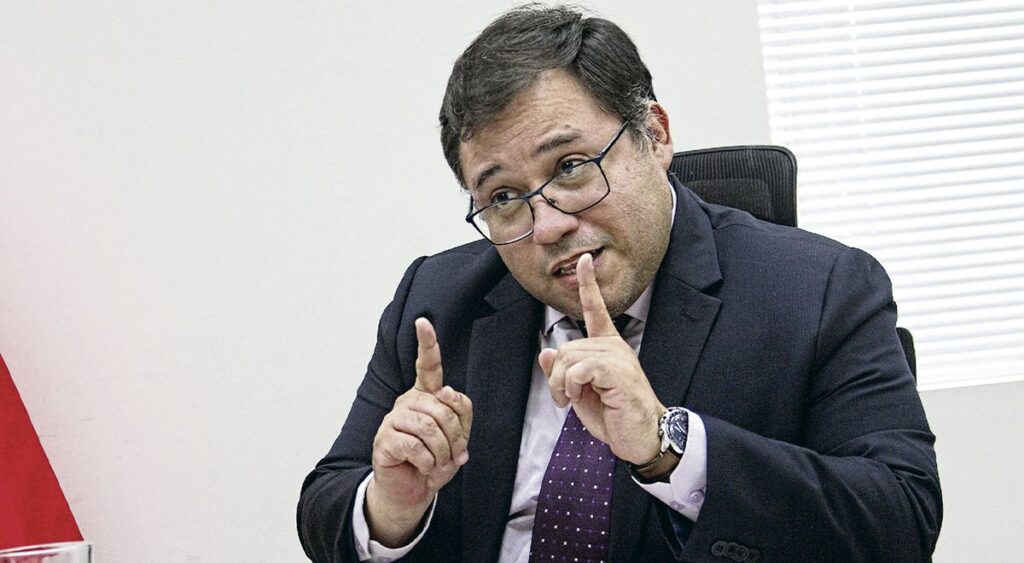While in the international political sphere the debate revolves around responsibility for the war in Ukraine, in the economic sphere the debate is centered on who is to blame for the consequences that the conflict has had on inflation.
Indeed, on the political side, the scenes of devastation caused by the bombings, the hardships of the population and the testimonies of the survivors are decisive. On that side, Russia and its president are not having an easy time justifying their intervention or presenting it as a means to achieve “noble” goals. This difficulty is compounded by the fact that until the very last moment, before the attack began, the Russians were denying that they intended to invade, which has been taken as evidence that it was a premeditated operation, carefully designed to take advantage of the element of surprise, to the point that the Ukrainian government itself described as exaggerated and alarmist the warnings from the British and Americans that intervention was imminent.
On the economic side, however, the Russians have found it more convincing to argue that the problems have been caused by their Western rivals. The audience to be convinced of one thing or another is made up of the vast group of emerging and underdeveloped nations, since the vast majority of the advanced ones have their opinion formed in this regard.
The direct effect of the sanctions has been mostly limited to the countries most dependent on Russian fuel and agricultural products, which are therefore greatly affected by supply problems and the interruption of payment and financial transfer mechanisms. That is not our case, except for a small portion of tourism.
But the indirect effects, in terms of the transmission of the consequences of inflation from developed economies, have been broader, and are even reflected in remittance flows.
















